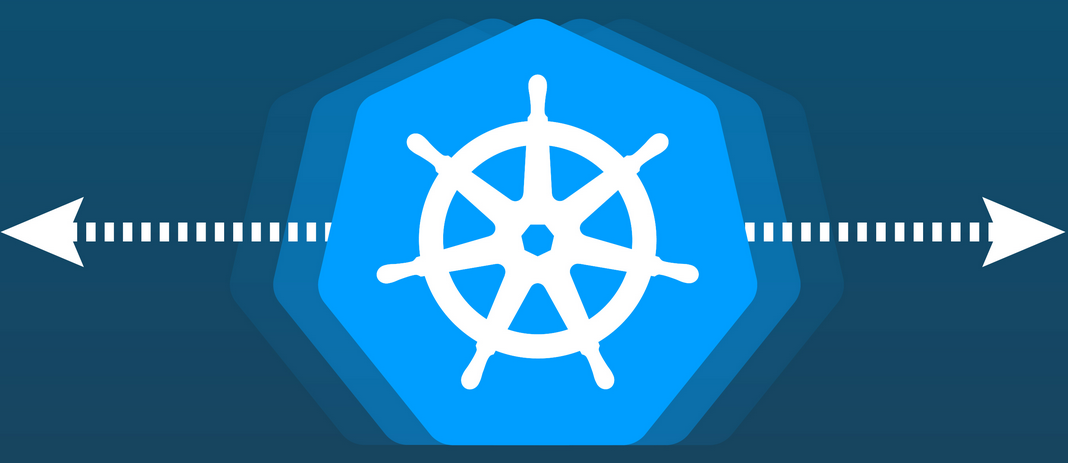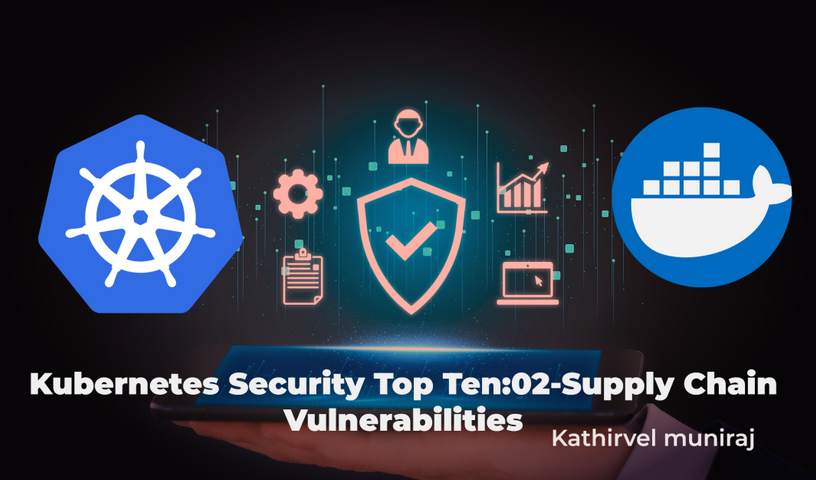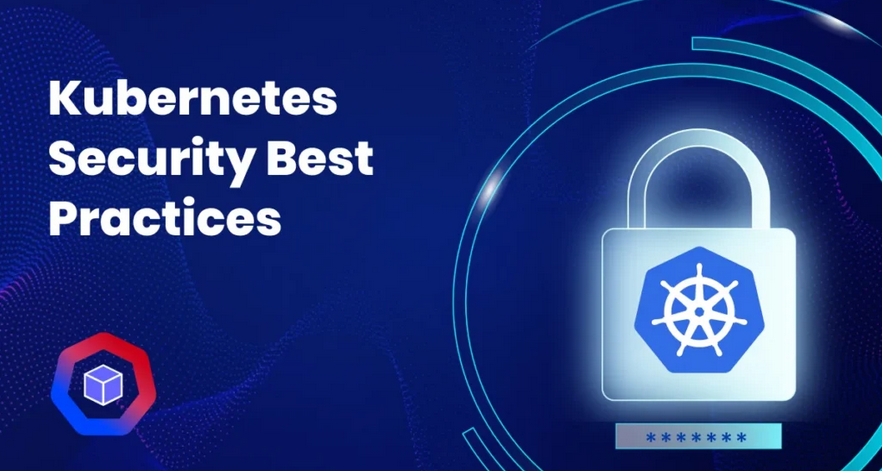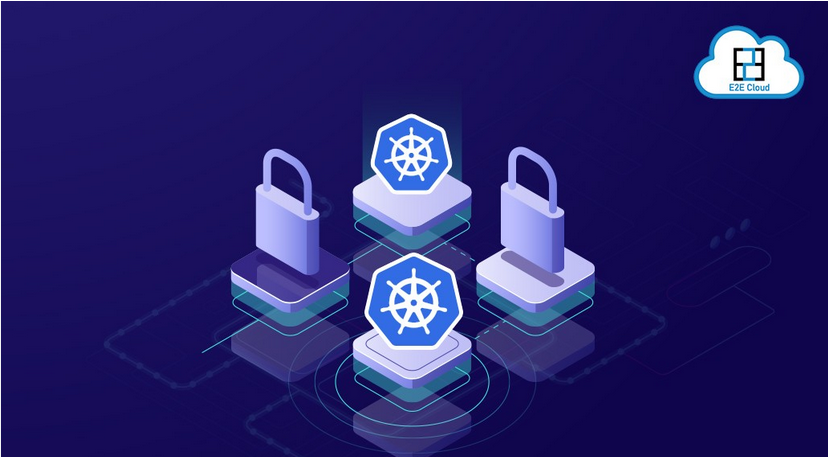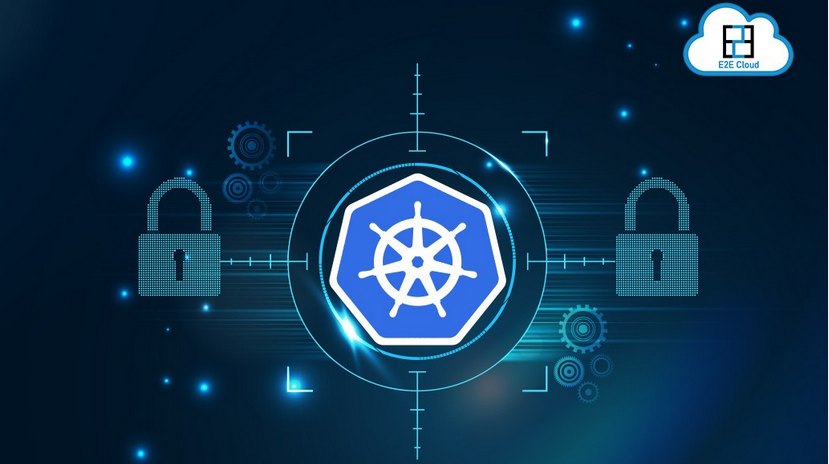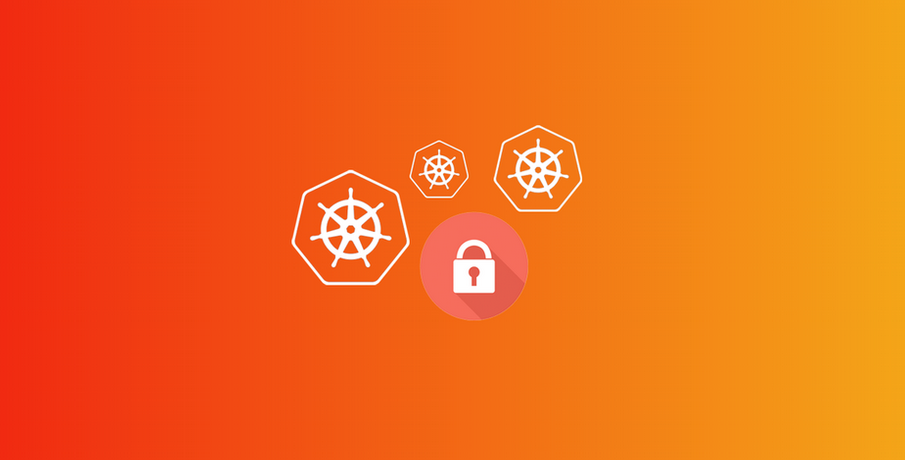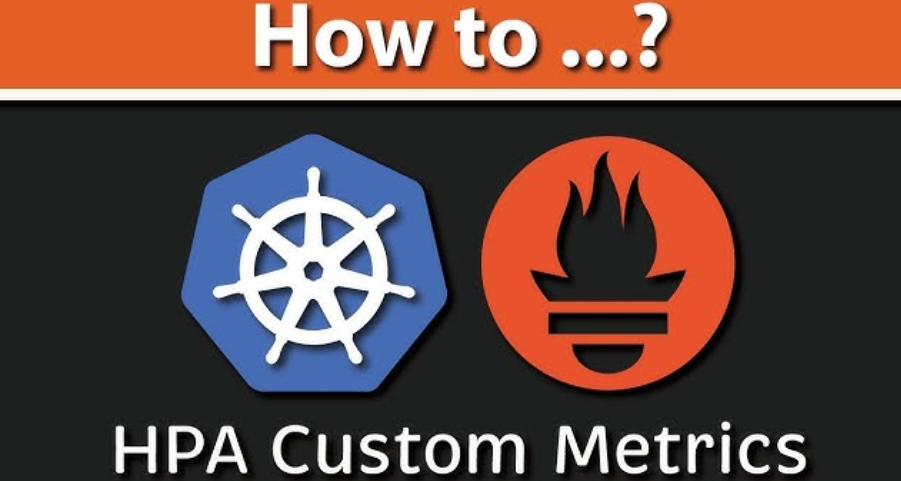A pipeline definition in AWS CodePipeline consists of at least two stages, and corresponding actions within each stage. We covered the constructs of AWS CodePipeline in detail in Chapter 5, Rolling Out a CI/CD Pipeline. Typical stages that come to our mind when we think of the entire life cycle of software delivery are source, […]
Category: Microsoft Exams
Test strategies for your AWS workloads – Implementing DevSecOps with AWS
Code is no longer restricted to the business application that your end users consume. Your infrastructure, CI/CD pipelines, and all the automations that you build to support your application’s delivery are equally good candidates for risking your security posture. Assuming most (if not all) components of your architecture are deployed via pipelines, there are two […]
Insights and operational visibility – Enabling the Observability of Your Workloads
This category of offeringsis a huge differentiator when it comes to providing ready- made solutions that extract data from multiple sources and deriving insights out of those to provide actionable next steps to the user. Container insights When working with AWS services in the container landscape, you can use CloudWatch container insights to summarize metrics […]
Amazon CloudWatch – Enabling the Observability of Your Workloads
CloudWatch is a centralized platform that allows customers to collect, monitor, and visualize their application logs, metrics, and X-Ray traces, all in a single dashboard. It is invaluable in providing a unified view of operational health for all the workloads the customer is managing. There are three main areas of features that CloudWatch offers. Infrastructure […]
Adopt time series pattern analysis – Enabling the Observability of Your Workloads
For some metrics, it is more relevant to observe the time series pattern instead of scalar values. This can boost proactive analysis when your operation team notices that the API error count spikes up every 10 minutes, but never crosses the threshold your alarms are set at. You can also plot related time series data […]
Initializing the Flask application and MongoDB connection – Running Containers in AWS
We can use existing Python modules to interact with Flask and MongoDB. These dependencies have been defined in the requirements.txt file inside the application directory: After importing the necessary modules, we initialize a DB client, database, and corresponding collection that will host our JSON documents in MongoDB. Now, we can move on to defining the […]
Defining the CDK stack constructs – Running Containers in AWS
We will define the previously discussed infrastructure components inside a CDK stack. The complete CDK project is available in your Cloud9 IDE, in the chapter-7/chapter-7-cdk/ directory. We will not go through the CDK project initiation steps in detail as these were already covered in the previous chapter, A Programmatic Approach to IaC with AWS CDK. […]
Deploying our CDK stack in an AWS account – Running Containers in AWS
Finally, let’s trigger a deployment of the CDK stack in one of our AWS accounts to see the application in action. We will start by securing a new session for our Cloud9 IDE. Once we are inside the CDK project folder, chapter-7/chapter-7-cdk/, we can trigger an installation of NPM modules, followed by the cdk synth […]
Load testing your application to generate data – Enabling the Observability of Your Workloads
A simple way to load test your To-Do List Manager application could be to run a curl query that targets the application load balancer URL, from within your Cloud9 IDE’s terminal. For hash generation, we can leverage the RANDOM variable and derive a md5 checksum value from it, using the following command: echo $RANDOM | […]
Creating a workspace in Amazon Managed Service for Prometheus – Enabling the Observability of Your Workloads
Amazon Managed Service for Prometheus is a serverless Prometheus-compatible service that is highly resilient and scales automatically to changing storage or performance needs. It is well integrated with AWS’s container ecosystem. For our use case, we need a workspace that offers dedicated storage and querying capability for Prometheus metrics. At the time of writing, there […]

